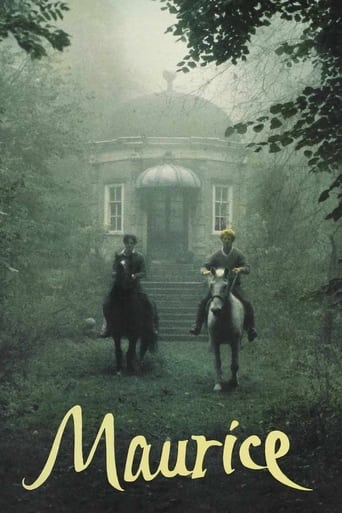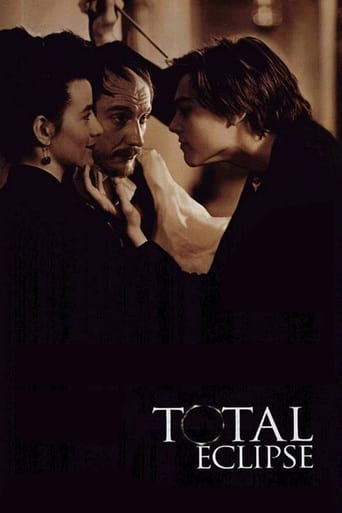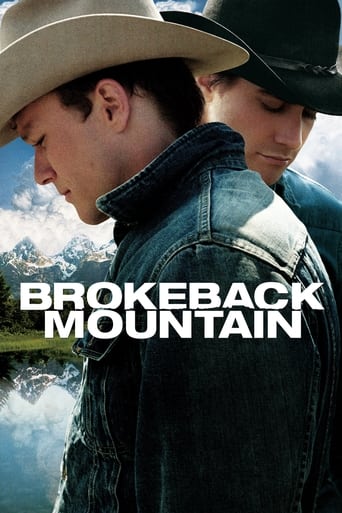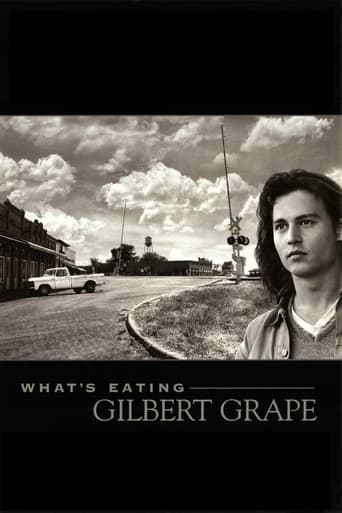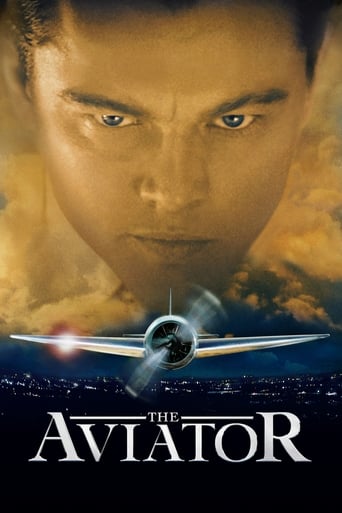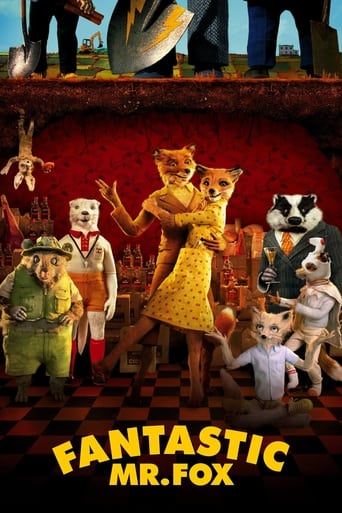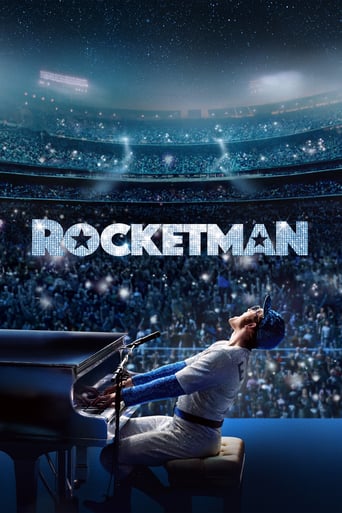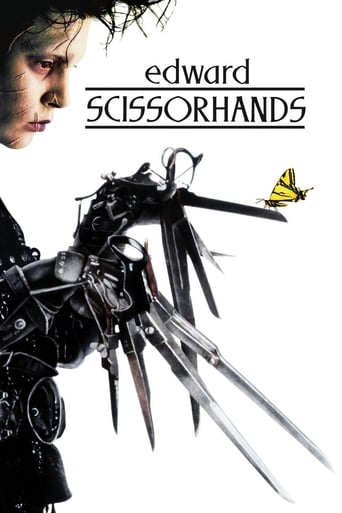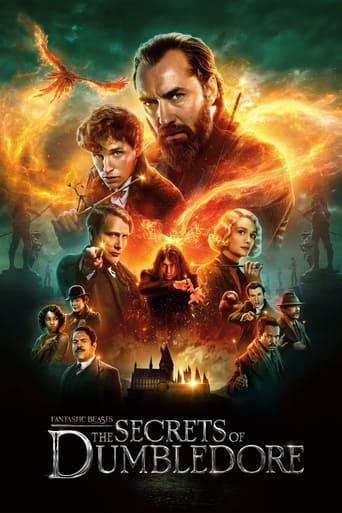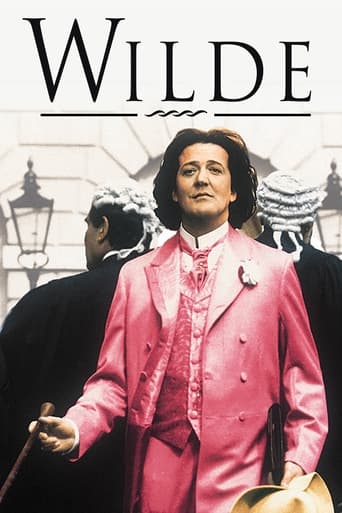


Wilde
The story of Oscar Wilde, genius, poet, playwright and the First Modern Man. The self-realisation of his homosexuality caused Wilde enormous torment as he juggled marriage, fatherhood and responsibility with his obsessive love for Lord Alfred Douglas.
-
- Cast:
- Stephen Fry , Jude Law , Vanessa Redgrave , Jennifer Ehle , Gemma Jones , Judy Parfitt , Michael Sheen


Similar titles
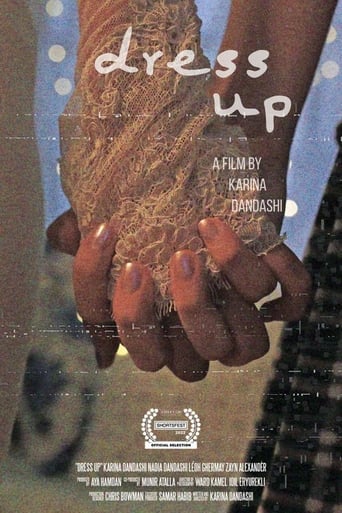
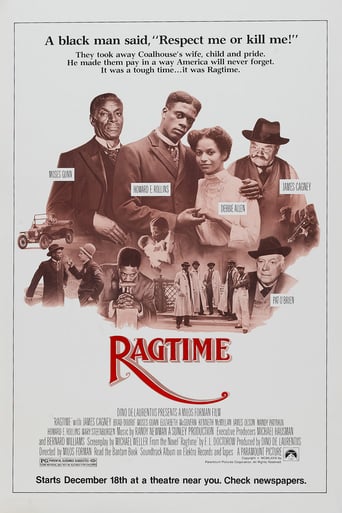
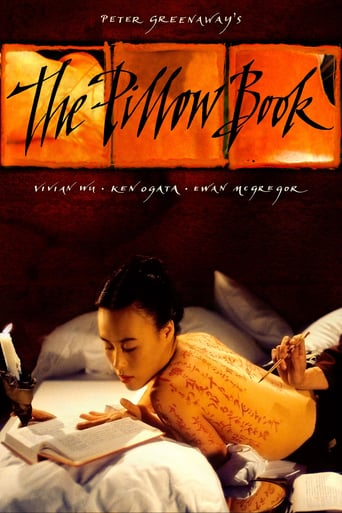
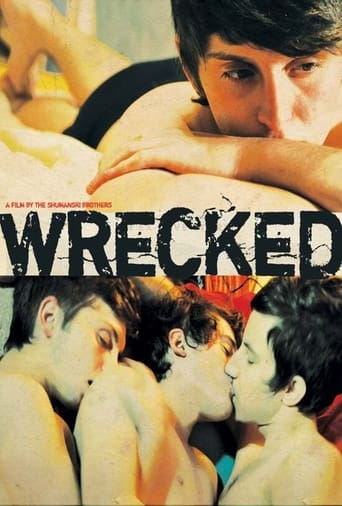
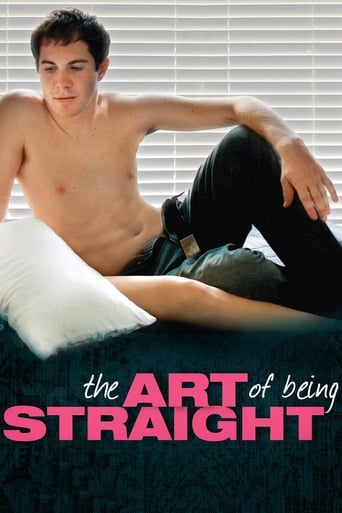
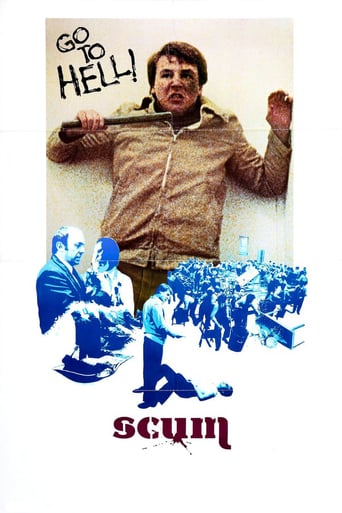
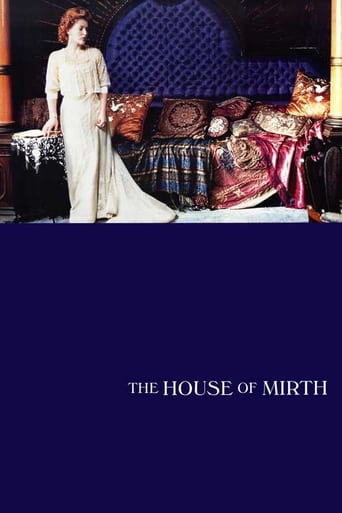
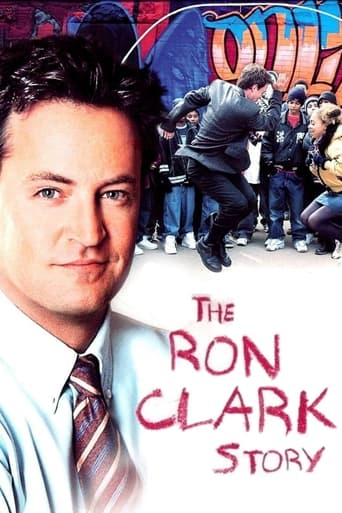
Reviews
Good story, Not enough for a whole film
Fantastic!
This film is so real. It treats its characters with so much care and sensitivity.
It is an exhilarating, distressing, funny and profound film, with one of the more memorable film scores in years,
In 1882, famed writer Oscar Wilde (Stephen Fry) visits America. He returns to England to marry Constance Lloyd (Jennifer Ehle) to the approval of his mother (Vanessa Redgrave). He begins a sexual affair with his friend Robbie Ross (Michael Sheen) and has a family with Constance. Then he falls for the dashing, self-indulgent Lord Alfred Douglas (Jude Law).Bosie is dislikable. In short, he's a rich annoying brat. The only person less likable is his father. It makes the relationship unappealing. The movie could have portrayed it as a destructive obsession. That would be more epic. The movie needs to foreshadow the dire consequences by presenting a darker attitude of the day. His homosexuality is mostly a secret but those who know seems to tolerate it. It is missing the dangerous edge until the arrival of the father halfway into it. Overall, it is elevated by the performance of Fry but it needs more danger in the first half. Fry's calm demeanor doesn't project danger. His relationship isn't appealing. It could have been more intensity but Fry is good.
A very tender portrayal of Oscar Wilde (16 October 1854 – 30 November 1900) by Stephen Fry; Stephen literally seems to be Oscars reincarnation and Jude Law as Bosie is just perfect casting.Great chemistry between the two. Concentrating rather on the 'drama',and mainly on the incriminating homosexuality in the playwrights life, of which one ought to be familiarised a little before watching. Some mild but explicit fornication scenes weren't necessary and could have been omitted in my opinion (as well as a couple of scenes with the hysterical father of Bosie) and replaced these with more instructive clips in reference to Oscars plays and poetry. We were being taking through 'The Selfish Giant', as well as some of his most famous epigrams (slipped into conversations), however I was missing a few more literary references. But all in all, a fine film, brilliant acting and biographically and historically accurate, although somewhat shortened.
I finished the Ellmann biography some days ago, and I acknowledge I am still in a state of shock - the rise and fall of the Roman Empire would not have that much of an interest for me, probably, for, having the life of a man thriving in paradoxes that still invites the most scrutinizing of speculations, I feel that having escaped the most classical, straightforward wondering of what he was REALLY after, we still but skim the surface. How much paradox does one man need? Perhaps his Irishry, or just plainly his conviction that the social being of our lives is as much one can hope and cope for, in order to outplay the paradoxes that constitute us, or is simply undifferentiated from what we "inwardly" are, is a grim intuition undifferentiated from its enactment.That said, it was the biography that compelled me to see again the film. It was in an art-nouveau cinema in Paris that I first saw it, the time of its release, and that was good, it was nice the way the vitreaux rhymed with Beardsley's engravings in the beginning! -and with one's youth. I was cherishing the display of paradoxes from one of my idols. Yet, being young, the whole effect of the film was somewhat depressing, for reasons I was too young to fathom.Revisiting the film now, I almost considered it a light-hearted experience, after the detailed ordeal of the book. Fry stroke a resemblance welcome and somewhat haunting, yet I found him a bit lacking polemical drive: his voice was a bit too passive here and there in order to fully convey the eccentricity of his genius.Maybe it is that the film was too focused on the Bosie part of the story, leaving out of the story, as one finds out, that the outcome was more complex that the film lets it be. For example, his marvelous quip "My dear Sphinx, how wonderful of you to know what hat to wear in the morning you're meeting a friend that has been away," after his being just released from prison, was not spelled outside the prison, but when he had gone to her family house. This I find crucial, for he was waiting for some time to be received, and then when they finally lodged him - he was homeless - he stayed in the room of her son, with toys scattered around. "Would you like the toys to be removed?" she had asked him, and for the first time perhaps his response was - literally - without wit, he answered just "No, leave it as it is." I found that detail staggering: imagine the Giant (and I consider this a detail the film should have exploited since it relies so much on parallels drawn from his bedtime stories, to call them that) lying destitute in a child's room.There are many such details transposed to a more dramatic handling for the sake of being narrated in the space of less than two hours in a film, as a great part of what actually passes between letters could not but turn into dialogue, even if the part after his release, which was really sordid, till his complete downfall, is omitted, for love's slow-motion, fading images. Here one should turn and thank the actors for they have imagined their characters justly, even if in accordance to an adaptation (that some times has a television quality). This is going to be for some time the definite film for his life, perhaps graciously leaving out the more complex, human stuff, demonstrated in an exhausting inclusion out of the picture as his last days in Paris witness, even if this is what makes his life exemplary in more than one way ("I am fighting a duel to death with my wallpaper, and one of us has to go" was one of his last witticisms). I wouldn't want a film to dwell too much on what binds together an intuition from its enactment, would you?
The mid-life years of (now genteel) decadent behavior by one of late Victorian England's celebrities, the Irish-born novelist-poet-playwright Oscar Wills Wilde (1854–1900). Director Brian Gilbert doesn't bandy about giving us the childhood torments of a literary genius; instead, he and screenwriter Julian Mitchell delve right into the more prominent chapters of Wilde's life, his marriage to a woman--producing two children--before realizing his homosexual desires, leading to some promiscuous indiscretions before finding love with churlish, childish poet Lord Alfred Douglas. Stephen Fry gives a masterful performance as Wilde, and the portrait allows for many shadings (this isn't a plea for the misunderstood gay artist, as Wilde himself is shown to be occasionally fickle, lusting, and selfish). Jude Law is equally good as ornery, demanding lover 'Bosie', whose tyrannical father brought about a court-case and two-year jail term for Wilde (covered previously in 1960's "The Man with the Green Carnation"), contributing to his early demise. A provoking, insightful, eloquent film--not at all stuffy or coy--which is due in large part to Gilbert's dexterous way with his actors and a keen sense of pacing and audience-involvement. *** from ****

